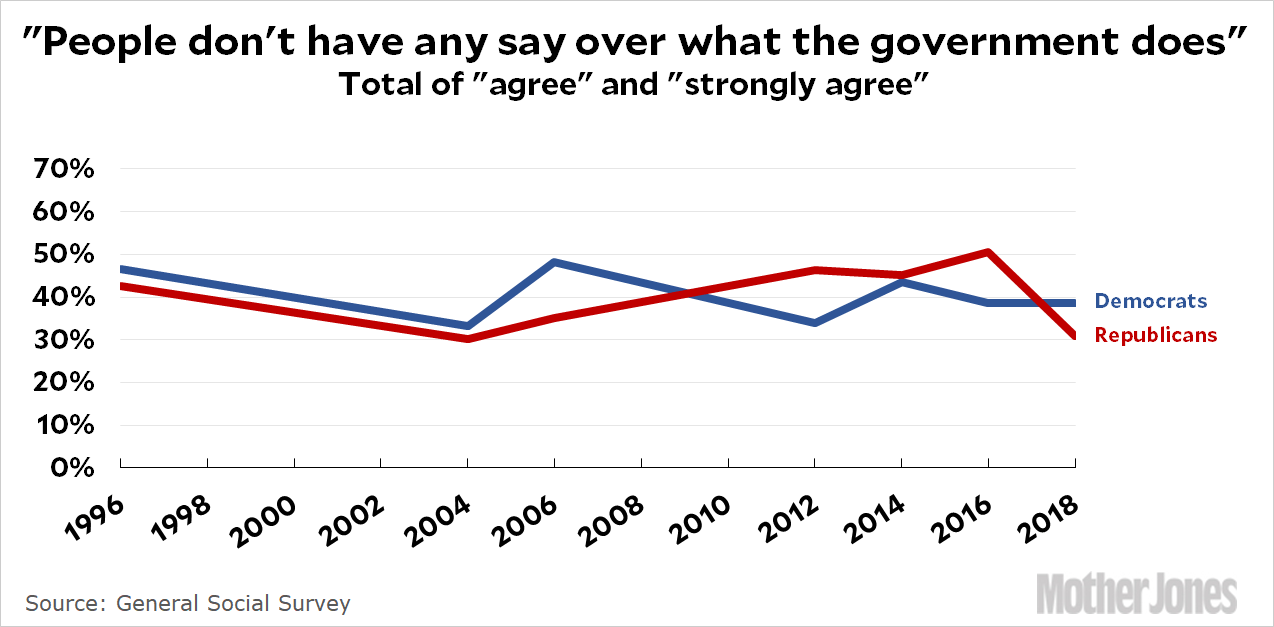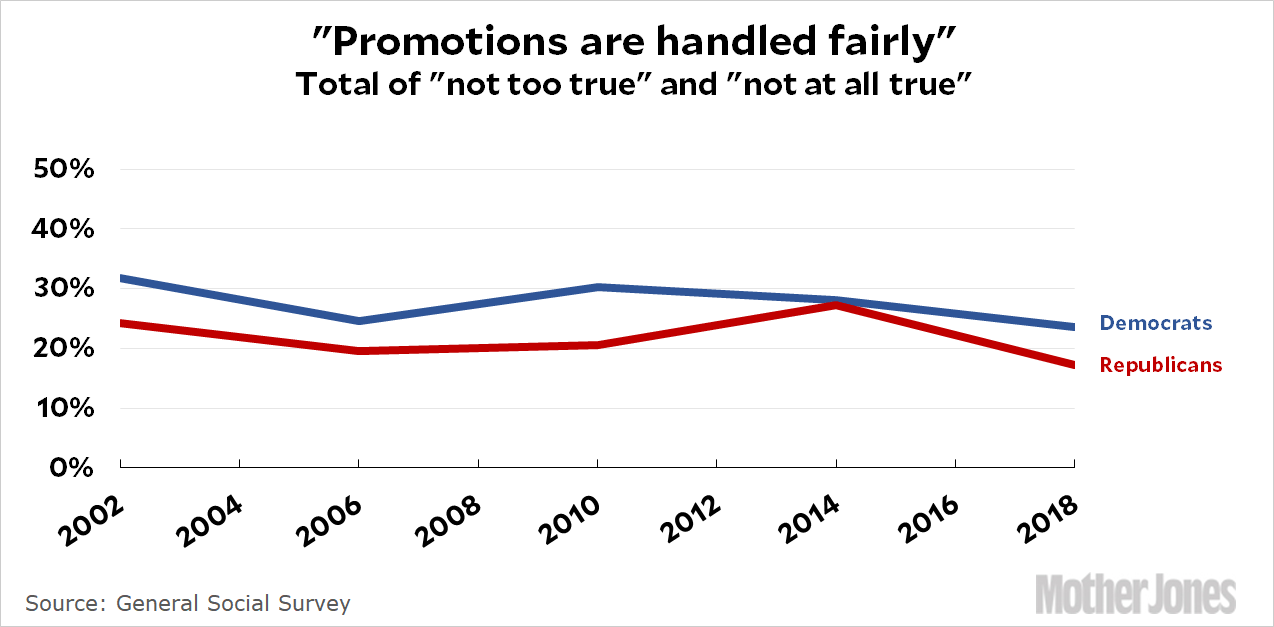According to Miles Armaly and Adam Enders, a pair of victimologists, we’re all victims these days:
Believing you’re a victim doesn’t appear to depend on any true state of oppression. In other words, people do not need to actually be victimized to feel like a victim. For example, a roughly equal fraction of Whites (53 percent) and non-Whites (57 percent) agree that “the system is rigged to benefit a select few.” Perceived victimhood doesn’t depend on gender either. For instance, while 39 percent of women agreed with the statement “I usually have to settle for less,” 45 percent of men did so. We didn’t find large differences based on education either. This helps explain why victimhood could loom so large in the minds of Capitol rioters, even though many appear to have been fairly privileged, based on race and socioeconomic status. Perceived victimhood is also similar among Republicans and Democrats and among conservatives and liberals. For example, 28 percent of Republicans and 27 percent of Democrats expressed agreement with the statement “great things never come to me.”
Whenever I read something like this, my first thought is “But has this changed over the past few decades?” There’s usually no reliable way to say for sure, but it’s possible to find surveys that address similar issues. For example, here’s a question from the General Social Survey:

If you believe that people have no say over the government, it seems likely that you’re expressing some level of victimhood. Likewise, there’s this:

People who feel that promotions on the job are handled unfairly are expressing one aspect of victimhood, regardless of whether they happen to be right or wrong.
This is obviously a back-of-the-envelope sort of analysis, but both of these charts suggest that feelings of victimhood haven’t increased over the past couple of decades. In fact, they both suggest small declines.
I’m not asking anyone to take this too seriously. It’s just meant as a quick gut check on the question of whether feelings of victimhood are on the rise. One obvious defect is that averages like these can hide differences on the margins. It’s possible, for example, that one smallish subgroup has experienced a sharp increase in feelings of victimhood while another smallish subgroup has experienced a decline. You’ll never see this if you look only at averages.
Nonetheless, it’s worth going through exercises like this. I do it all the time, and with very few exceptions I find that things haven’t actually changed much over the past few decades. This is what makes it all the more important when I come across something that has changed. More on that later today.













